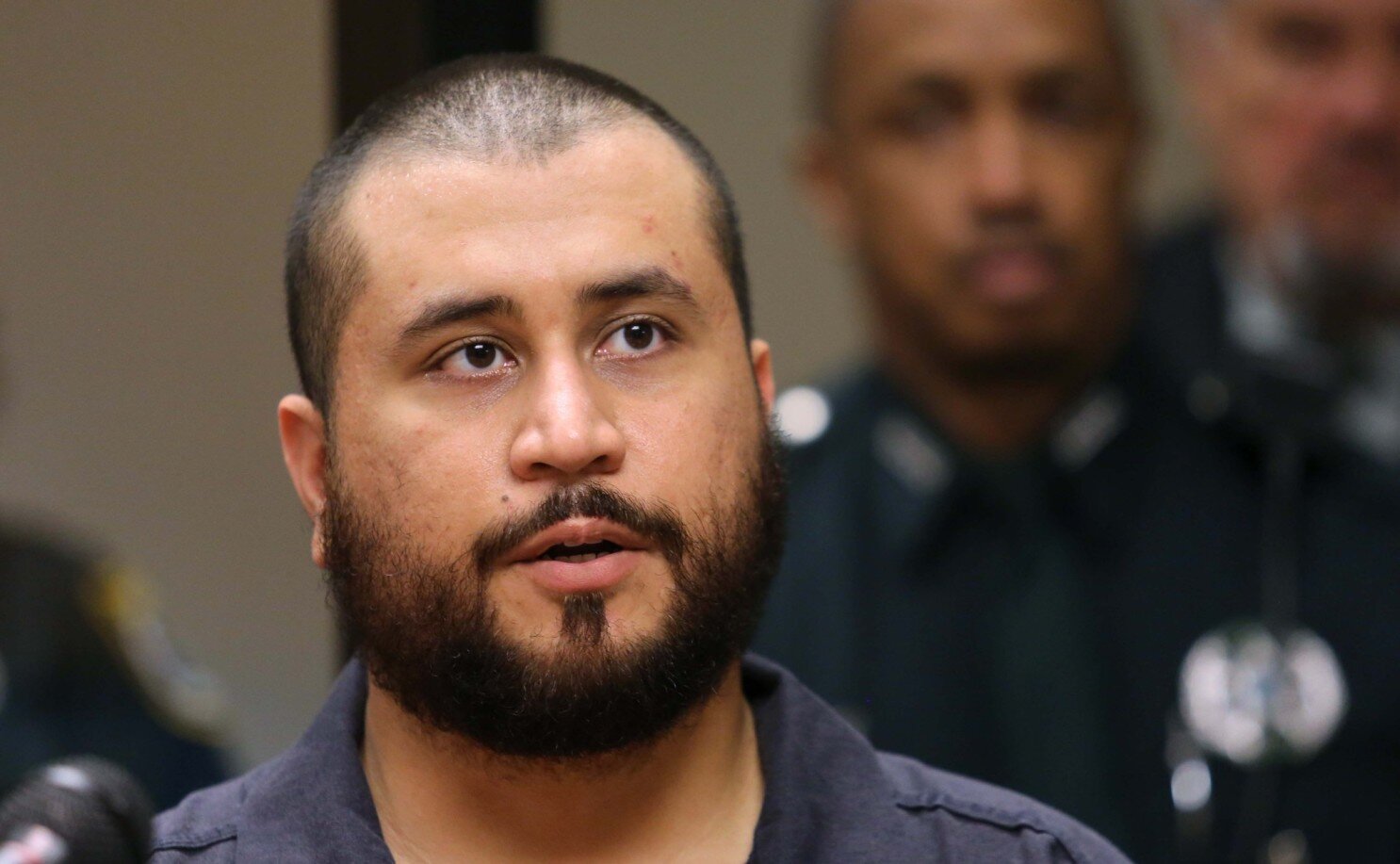For Trayvon Martin, Justice Finally Shows Up
Forty-four days late, justice finally showed up for Trayvon Martin and his family. Florida Special Prosecutor Angela B. Corey announced yesterday that she will charge George Zimmerman with second-degree murder for the shooting death of the unarmed teenager on February 26 in Sanford, Florida.
Many attributed the belated charges to a national outcry and widespread outrage expressed through protests and prayers as days, and then weeks went by with no arrest or indictment in the shooting. President Obama expressed sympathy for the victim's family, noting that if he had a son he would have looked like Trayvon Martin. Attorney General Eric Holder launched an investigation and Florida removed the case from local police hands.
Corey said she had made no promises to the victim's parents as she weighed the decision to charge Zimmerman, but did discuss what her office could do if Zimmerman went free "to make sure your son's death was not in vain." By nightfall Zimmerman surrendered to police and became a criminal defendant.
Martin family attorney Daryl Parks told MSNBC talk show host Ed Schultz that he is confident Zimmerman will be convicted once all the evidence is heard in court, but he added, "This family is not gloating."
It's not just about Trayvon Martin, social justice agitator Rev. Al Sharpton declared. "It's about 'Stand Your Ground,'" the "justifiable homicide" laws passed in more than 20 states, beginning with Florida. Deaths have tripled in some states under these legally permitted killings based on fear and, in many cases, prejudgment of the victims. Many protesters dressed in "hoodies," the hooded sweat shirts worn by athletes, toddlers and grandparents, but widely associated with gangster behavior.
The death of this young black man has dominated news coverage and social media since about a week after the shooting. We have all at some point watched the news coverage on 24-hour cable news networks. Rallies have been in held in Sanford, Florida, where Trayvon was slain, in Washington, D.C., New York City and in scores of other cities and on many college campuses.
The rallies help shed light on what looked to be a person escaping the rightful processes of judicial system. In effect, Trayvon became the symbol for a longstanding pattern of excessive violence against young black males in the United States against police and others who see them as threatening and criminally inclined. Some have compared him to Emmett Till, who became a spark that ignited the civil rights movement when he was tortured and murdered in Mississippi in 1955.
Trayvon Martin was shot as he walked home through a gated community, carrying a bottle of iced tea and carrying a bag of candy. Zimmerman, 28, a neighborhood watch volunteer, apparently confronted him while he was on the phone with his girlfriend at about 7:12 p.m. He reported the teenager's presence as "suspicious" to police in a 911 call, but did not cease following him as the police dispatcher advised.
Residents who heard or saw the confrontation also called police, so much of the incident was captured on tape, including gunshots and cries for help. Travon's mother said the calls for help were her son's dying cries. Zimmerman told police that Martin attacked him and he shot in self-defense. Police arrested and questioned Zimmerman but released him. He remained free until April 11. The victim was taken away by ambulance and his body identified in the morgue the next day after his father reported him missing.
For those in the black community it was a story heard far too many times. The Trayvon Martin case re-opened old wounds for black Americans, most of whom see the case as a clear instance of murder. So often black males are stereotyped as dangerous because of the clothes they wear, or perhaps their swagger. I do hope the nation has learned one lesson: I do not deserve to be shot for wearing a hoodie.
What have we learned is very clear, that the need for racial healing is still greatly needed. I have been calling for a national town hall campaign on race for years.
Every year or so, a high profile case of apparent racial prejudice, often ending in violence, erupts in the media. Remember Rodney King, Abner Louima and Harvard professor Henry Louis Gates? Even fame and wealth could not shield Bill Cosby's son from this pattern.
The uneven system of justice that disproportionately incarcerates young black men by the thousands sets the tone for targeting those on the outside. This case underscores the consequences of America's long avoidance of our painful racial past. The old unhealed wounds penalize all of us. Let's face up to what this case has uncovered: the deep divide that continues to haunt America.
